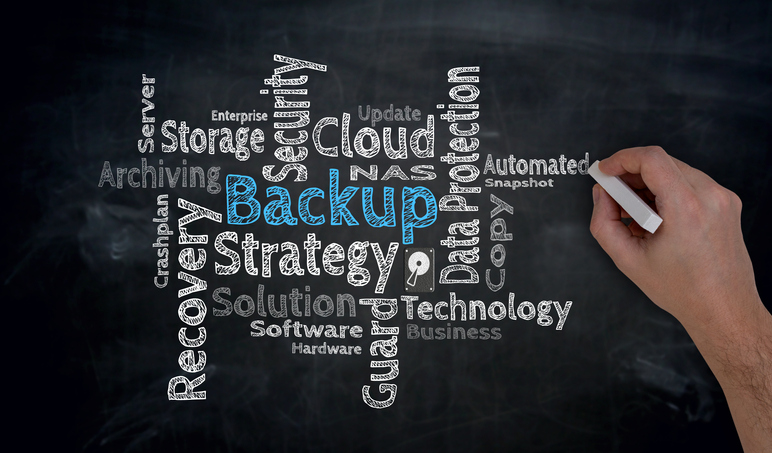Websites play a critical role in the success of businesses. From branding to customer engagement, a well-maintained website can make all the difference. However, with the increasing threats of cyberattacks and hacking attempts, it has become imperative to prioritize website security. One essential aspect of WordPress security is backup and recovery. In this article, we will explore why backup and recovery are vital for your WordPress site and how they can protect your business.
Why Backup and Recovery Matter
Protecting your website’s data is crucial, and backup and recovery serve as a safety net in case of unforeseen circumstances. Here’s why backup and recovery should top your priority list when it comes to WordPress security:
Protection against Data Loss
Any loss of data can be devastating for your business. It may result from accidental deletions, server crashes, or even malicious attacks. Regularly backing up your WordPress site ensures that you can quickly recover your data and minimize potential downtime.
Restoring to a Clean State
In the unfortunate event that your site gets hacked, having a recent backup can make the recovery process much smoother. By restoring your website to a clean state from a trusted backup, you can eliminate any malicious code or compromised files.
Version Control
Regular backups allow you to maintain different versions of your website. This can be beneficial when you want to revert to a previous version or test new features without affecting the live site. Having the ability to roll back changes can save you from potential disasters.
Peace of Mind
Knowing that your website’s data is securely stored and easily recoverable provides peace of mind. It frees you from constant worry and enables you to focus on growing your business, knowing that your online presence is protected.
Understanding Disaster Recovery
Disaster recovery is an essential part of backup and recovery strategies. It involves a comprehensive plan designed to restore data in the event of a catastrophic incident. Here are some key points to consider when thinking about disaster recovery for your WordPress site:
Identifying Potential Threats
It’s essential to assess potential threats that could lead to a disaster scenario for your business. This includes evaluating both external and internal risks such as cyberattacks, hardware failures, natural disasters, and human error.
Creating a Recovery Plan
Once identified, develop a recovery plan that outlines the specific steps and strategies required to restore your site’s functionality following a disaster. This plan should include details on backup frequency, storage locations, and the roles and responsibilities of the recovery team.
Regular Testing
Ensuring that your disaster recovery plan works as intended is crucial. Regularly testing the recovery process helps identify any gaps or areas for improvement, allowing you to refine your strategies and optimize your readiness for a potential disaster.
Quick Recovery Time
Minimizing downtime is crucial for any business. A well-designed disaster recovery plan coupled with a reliable backup system enables faster recovery, reducing revenue loss and minimizing the impact on your reputation.
Top Risks for Businesses with Hacked Websites
1) Data Breach
A successful hack can result in the exposure or theft of sensitive customer and business data. This not only compromises your customers’ trust but may also subject your business to legal repercussions.
2) Revenue Loss
A hacked website may face downtime, leading to a loss in potential revenue. Customers unable to access your site might turn to your competitors, resulting in both short-term and long-term financial impacts.
3) Damage to Brand Reputation
A compromised website can severely damage your brand’s reputation. News of a security breach spreads quickly, and it may take substantial effort and resources to rebuild trust among your customers.
4) Search Engine Penalties
Search engines prioritize user safety and satisfaction. If your website is hacked and flagged as unsafe, it may be penalized in search engine rankings, significantly reducing organic traffic to your site.
By understanding the risks associated with hacked websites, you can appreciate the importance of backup and recovery in mitigating these risks and safeguarding your business. Backup and recovery should be a fundamental part of your WordPress security strategy. Protecting your website’s data and ensuring its uninterrupted availability is crucial for the success and reputation of your business. From preventing data loss to facilitating quick recovery after a hacking incident, backup and recovery measures provide peace of mind and establish a solid foundation for your online presence. Implementing a robust backup and disaster recovery plan should be a top priority to safeguard your business from potential cyber threats.

